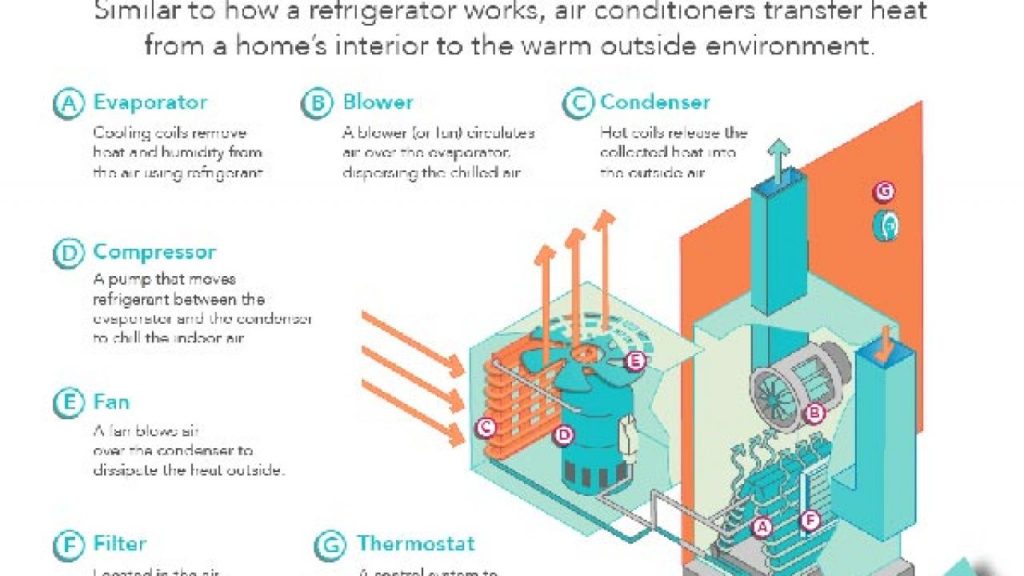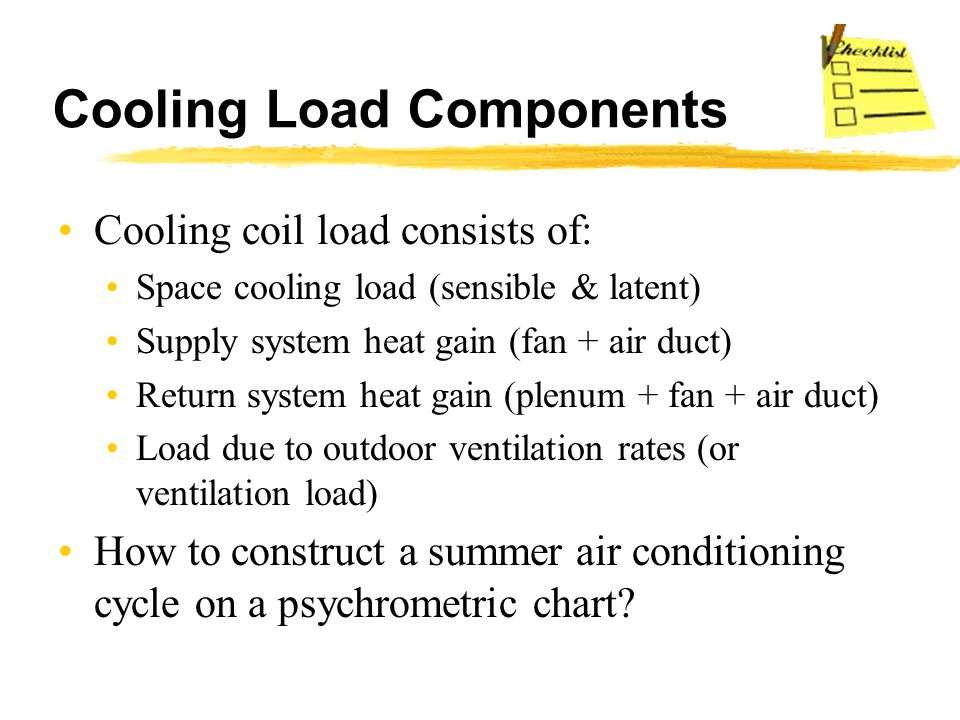There are lots of major types of automotive air conditioning units: split-system, orifice-tube systems, and expansion-valve systems are probably the most popular. Nevertheless, in either situation, to actually understand how your Madison, TN auto ac system functions, you have to first understand all of the components and how they all contribute to that functioning order. Your system could be a hybrid: it comprises components from more than one type of ac unit. It could also be a closed system; this is, it merely receives air from an air conditioner and ventilator.
Air Conditioning Operation – Keeping the Proper Functioning of Your Heating and Cooling System

The manner that air conditioning systems operate to cool off you on your car is dependent on the temperature of the ambient atmosphere, the humidity, as well as also the density of the existing atmospheric pressure. A good deal of research has gone into the design of modern ac systems so they work nicely. They do a fantastic job of decreasing internal temperature, keeping the humidity low, and delivering dry, clean, and secure air to your lungs. But should they fail, if things go wrong, how do you make sure everything goes as planned?
Air Conditioning Operation – Keeping the Proper Functioning of Your Heating and Cooling System
The part that makes an air conditioning system what it is, especially in the fast-paced universe of motor vehicle maintenance, is its refrigerant. This is an odorless and colorless gas whose vapors enlarge when they are exposed to warmth and contract when they're cool. In fact, this gas functions such a useful function for heating that it has been dubbed"the best lubricant" ever produced. All the components of your heating system rely upon this simple principle: lower temperatures require lower rates of refrigerant, and higher temperatures require higher degrees of refrigerant. As a result, the more efficient your indoor system is in cooling your vehicle, the better your refrigerant must be.
As an ac operation’s temperature climbs, the heat transfer rate begins to rise as well. Meaning that the more effective your unit is at drawing warmth out of the car’s interior, the more quickly your refrigerant should compensate for the higher transfer rate. As this happens, the engine cools the interior of your vehicle, which makes the temperature inside the compartment rise. As the vehicle’s cooling contracts, the inside temperature falls – and this cool air is what cools your insides.
1 thing to take into account is that the conditioner’s filter may play a critical part in maintaining your unit’s performance. Air filters do several things for your ac system, a few of which are discussed here. But , filters really lower the temperature of any given distance. And they also alter the quantity of moisture – and thus the level of acidity – in that area. Because of that, appropriate air filters ensure a long-term cooling effect on your interiors.
Refrigerant is 1 component of an AC that is especially important to maintain in good working order. The energy that is taken out of the home is then transformed into heat or cooled water. In turn, the refrigerant’s pressure decreases, which, in turn, changes the amount of heat in the compressor. A correctly working compressor allows more air conditioners to be operated in precisely the same moment. Properly maintained compressors permit AC to operate at higher efficiency than it would without the refrigerant.
A problem with AC, nevertheless, often occurs whenever there is a refrigerant flow. This problem is referred to as refrigerant loss, and it can occur at any stage during an AC’s life span. The most common kind of refrigerant loss from an air conditioning operation occurs when the refrigerant isn’t replaced immediately. If you’ve got an older model of AC with a dryer or a flapper valve, then it’s particularly important that you stick to the manufacturer’s specifications to find the appropriate replacement of refrigerant. Leaks in the flapper can cause a buildup of heat inside the flapper valve, and this will decrease its efficacy and finally increase refrigerant loss.
Flops are usually installed at the lower side strain, where high pressure air flows from the compressor enter. If flop is damaged, then low side pressure will cause quite low pressure. This may result in ineffective cooling of the AC system. Additionally, it will prevent the efficient cooling of condenser coil areas.



